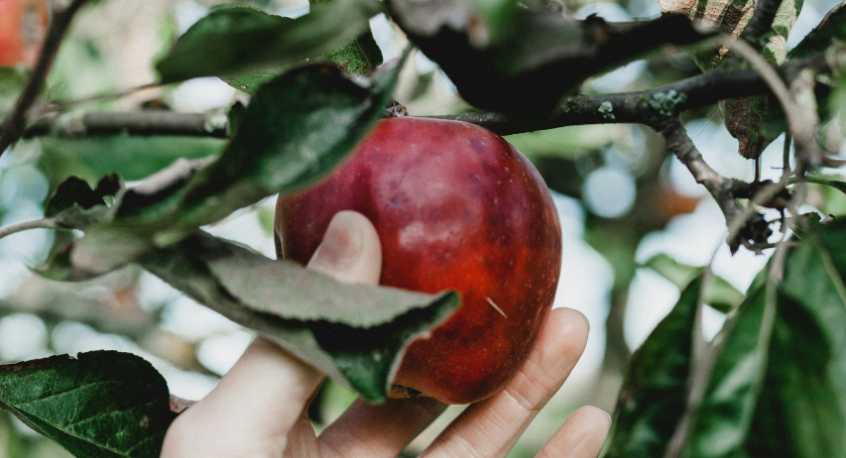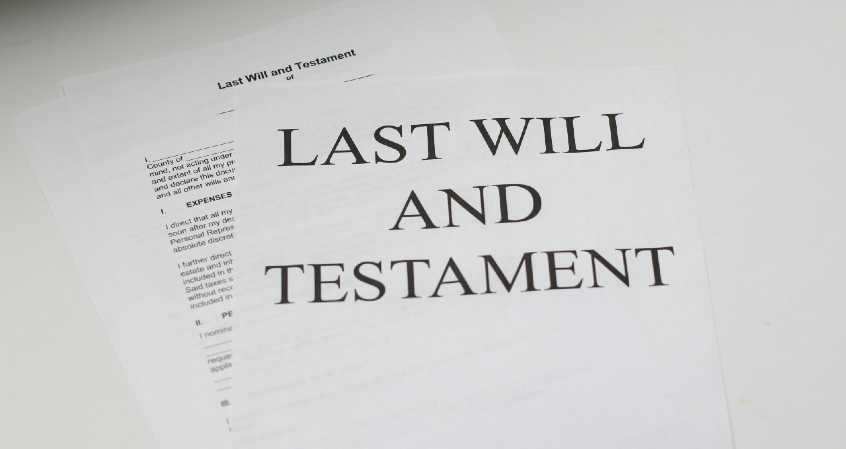The fruit of the poisonous tree Doctrine
The illegality of evidences on the criminal law are bassed on the "fruit of the poisonous tree" doctrine, a fundamental legal principle that holds about any evidence obtained unlawfully through the violation of fundamental rights must be considered tainted, therefore: these evidence will become inadmissible in a criminal process.
This concept born on the jurisprudence of the Supreme Court´s United States of América in 1920, under the case called “Silverthorne Lumber Company against USA”, where Frederick and Asa Silverthorne as owners of the company was accused of fraud against the Federal Government, being detaineds both by the FBI, wile a group of agents took control of their offices to seize all accounting books and documents to take photographs without a court order, being obtained and used illegally on the accusation of criminal process.
Exemptions of ilegal evidences
However, the application of the "fruit of the poisonous tree"doctrine is not absolute as The illegality of evidences, and there are exceptions such as: the inevitable discovery doctrine, the independent source doctrine, and the attenuation doctrine. The inevitable discovery doctrine applies when the circumstances would have led to the same result, making it impossible to causally link the second piece of evidence to the previous one. The independent source doctrine can aply to the existence of a different, uncontaminated investigative channel that allows evidence to be obtained by a means other than that used to obtain the elements of evidence considered illegal.
And the attenuation doctrine, also known as the "taint attenuation doctrine", assumes the Constitutional Court's doctrine on the connection of unlawfulness or prohibition of evaluation, understood as a legal link between one piece of evidence and another. The prohibition is constitutionally reflected, preventing the use of evidence obtained by violating constitutional rights, and legally reflected in Article 11.1 of the Organic law of the judiciary authority.
nevertheless, "the fruit of the poisonous tree" doctrine can be extended to the civil law being an essential legal principle that guarantees the protection of fundamental rights in the criminal and civil process, establishing the inadmissibility of evidence obtained unlawfully. This principle, deeply rooted in Spanish jurisprudence and law, holds that any evidence derived from a source tainted by ilegal way must be declared null. The recent and rigorous application of this doctrine by the Civil and Criminal Superior Court Justice of Madrid, reaffirms its importance in safeguarding the justice and the judicial process.
If you are facing an criminal process in Marbella and need support, Please contact us. We are the best criminal lawyers in Marbella costa del sol.
Telephone: +34 951 052 811
Whatsapp: +34 643 89 04 96
"Fruit of the Poisonous Tree" doctrine by Supreme Court of the United States case CHRISTOPHER L. JACKSON vs. STATE OF FLORIDA
















Post a comment